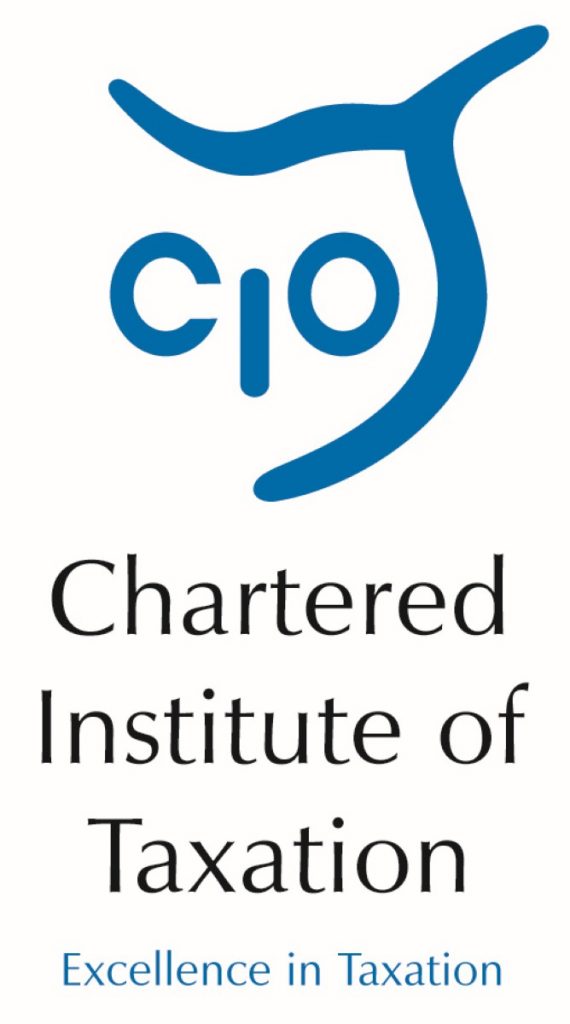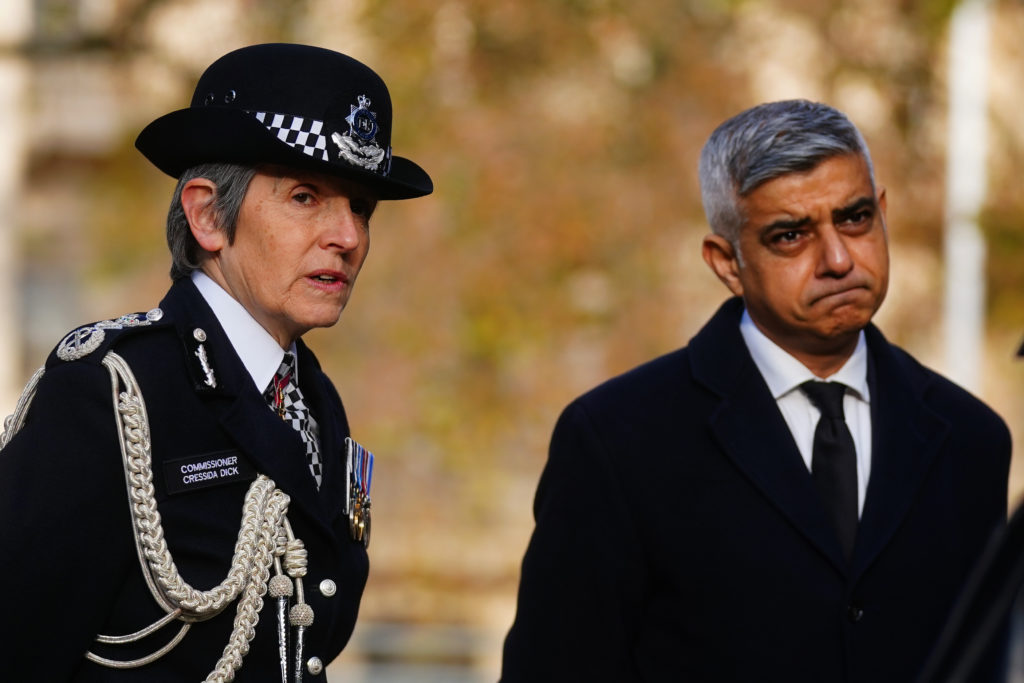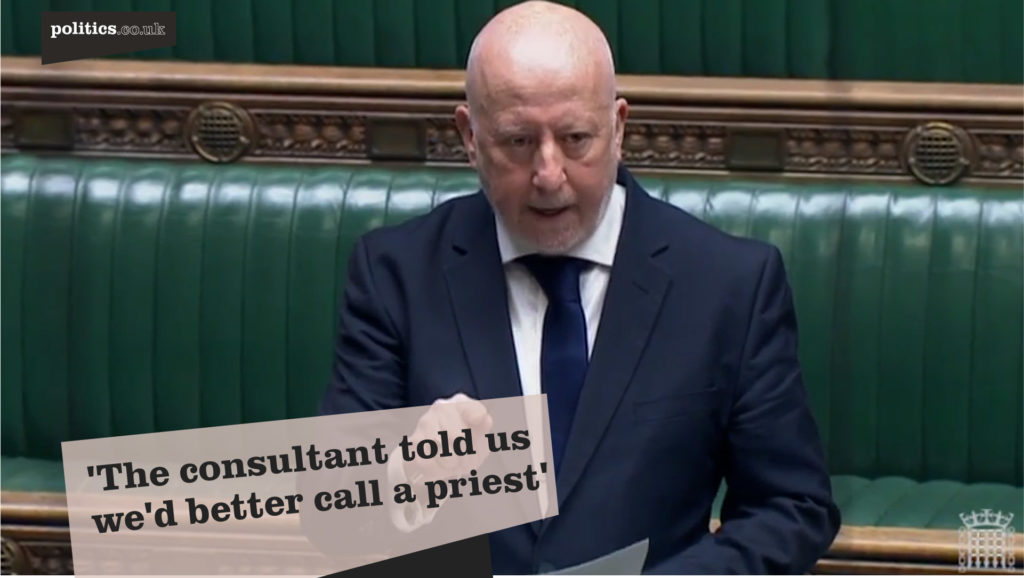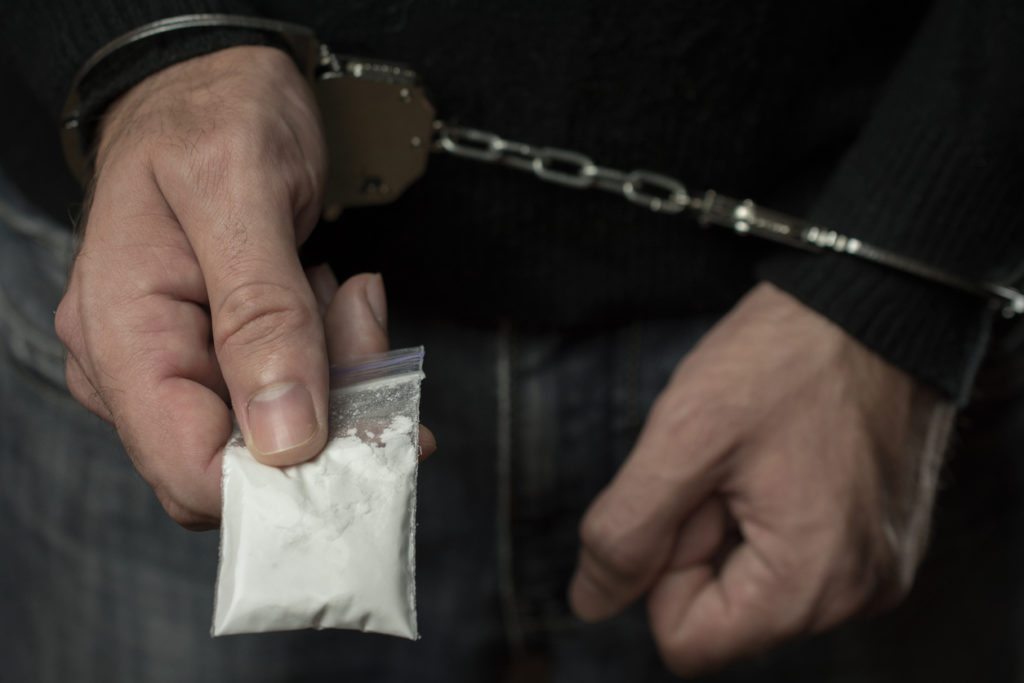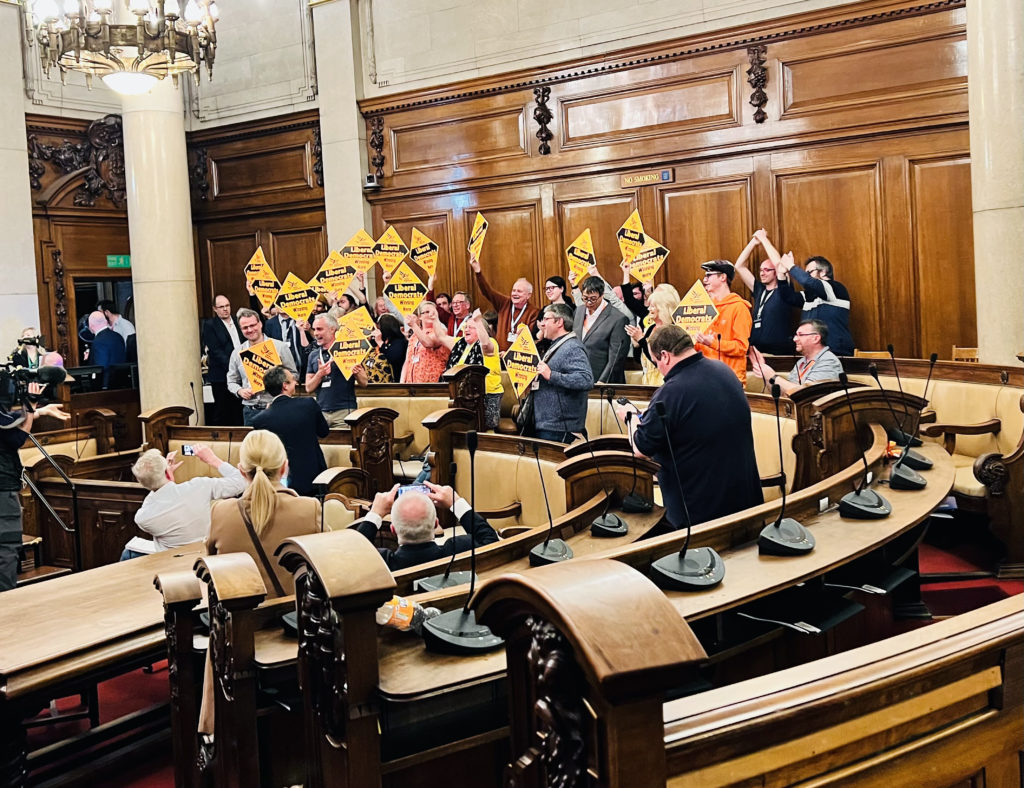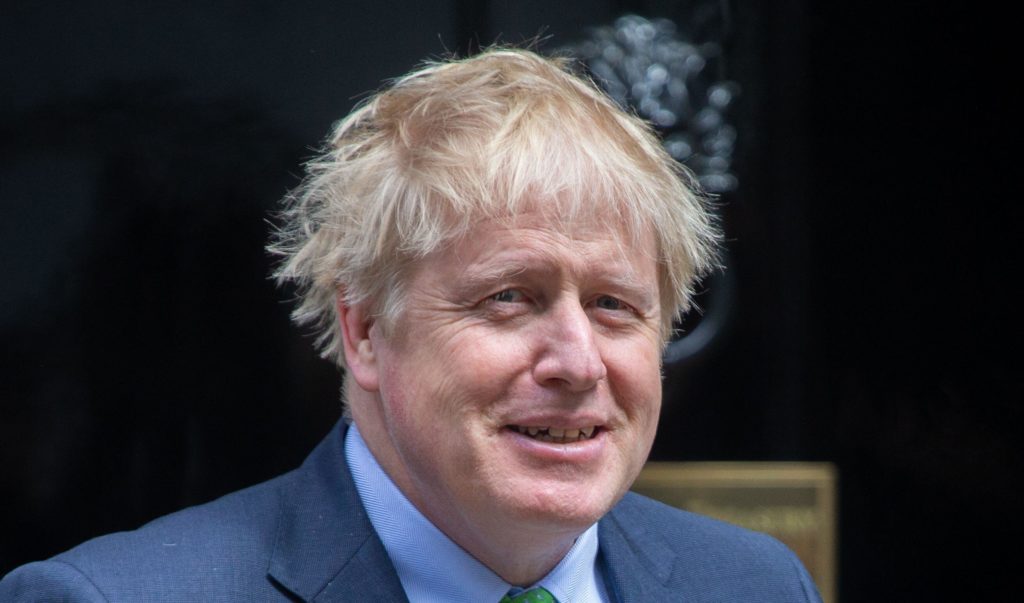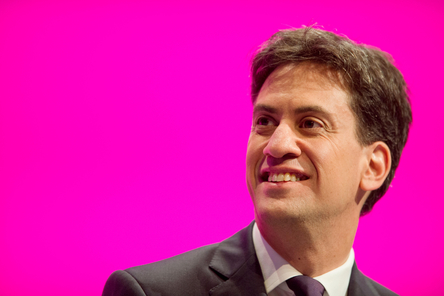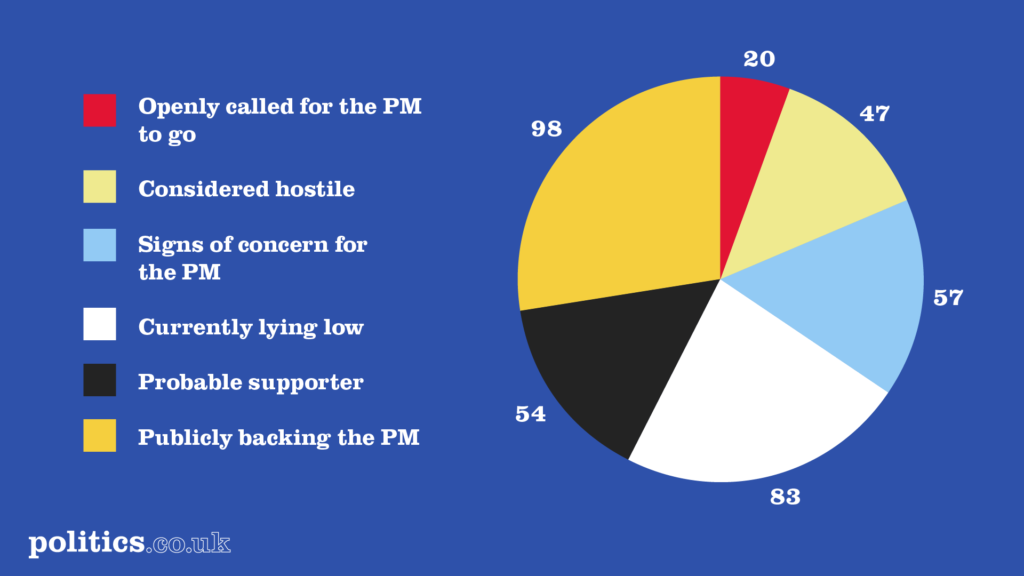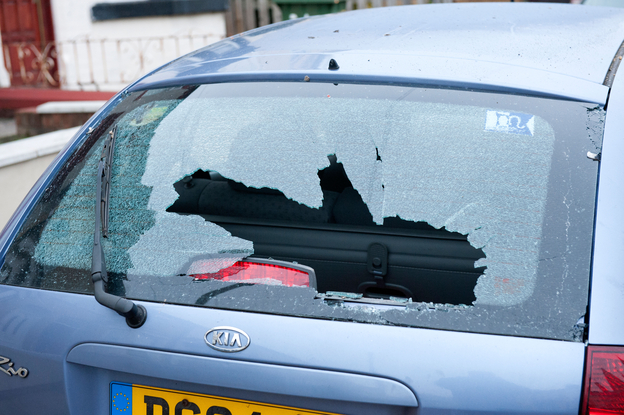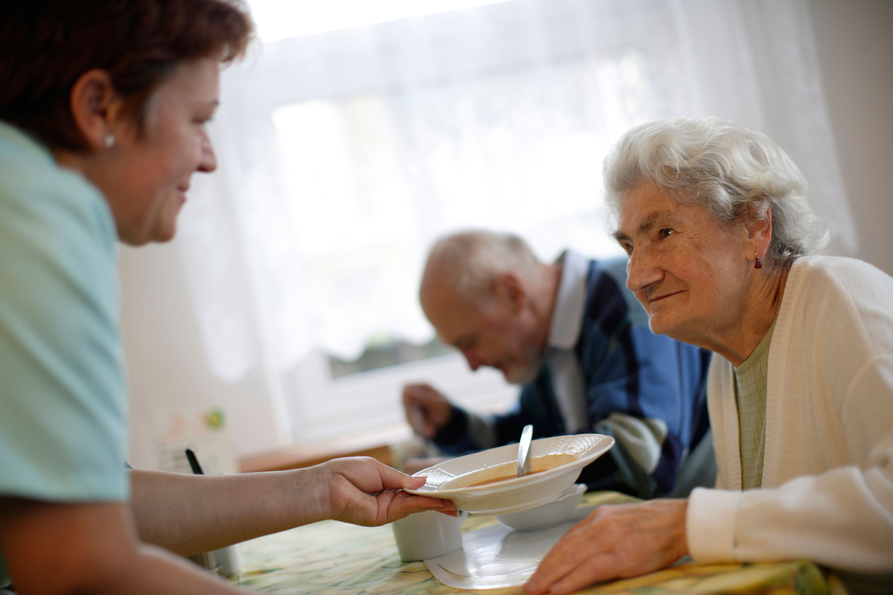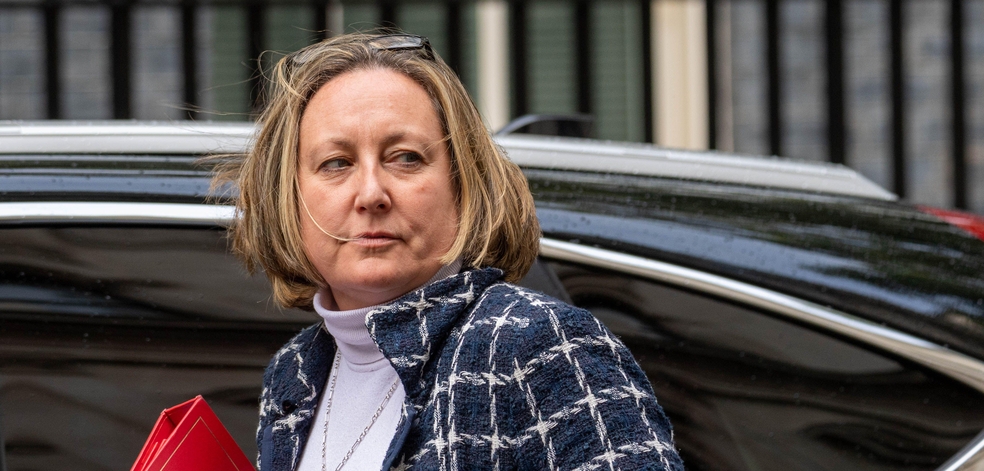What is the law on cannabis in the UK?
Cannabis remains illegal to possess, distribute, sell or grow in the UK.
Cannabis is classified as a class B drug. As such, any person who is caught with cannabis risks up to five years imprisonment, an unlimited fine, or both. While being convicted of producing and supplying a Class B drug, risks up to 14 years imprisonment, an unlimited fine, or both.
For those caught with a small amount of cannabis – typically less than one ounce – police can issue a warning or on-the-spot fine if the possession is deemed for personal use.
It therefore remains illegal to smoke weed anywhere in the United Kingdom, including within one’s own home. Data however suggests that this law is regularly flouted.


According to a 2016 Home Office Survey, 6.5% of people aged between 16 and 59 reported to have used cannabis in the previous year, with the figure rising to 15.8% amongst those aged between 16 and 24.
In 2018, Home Office figures showed that 15,120 people in England and Wales were prosecuted for possession of cannabis.
However within the United Kingdom, there is now something of a postcode lottery surrounding the enforcement of Cannabis laws. For example, where the overall level of cannabis prosecutions fell by 19% between 2015 and 2018, in Cheshire the number of cannabis prosecutions increased.
By contrast, in Durham, the police do not target recreational cannabis users, and in the West Midlands, the police divert those caught with small amount of cannabis away from the criminal justice system and into awareness courses, sometimes described as being similar to those in place for speeding offences.

Cannabis was reclassified as a Class B Drug by Gordon Brown’s government in 2008.
Can cannabis be prescribed for medical use in the UK?
Cannabis is a durable hemp plant which can be used to produce a number of products including seeds, pulp, and medicine. As a substance it is a controlled drug under the misuse of drugs legislation. However, changes to the Misuse of Drugs Regulations in November 2018 do now allow medicinal cannabis to be prescribed under certain circumstances.
The Home Office stated that this meant “that senior clinicians will be able to prescribe the medicines to patients with an exceptional clinical need”. The new regulations provided for a definition of cannabis-based medicines and set out that only doctors on the General Medical Council’s specialist register could prescribe these medicines.
In mid 2019, formal permission was given for the NHS to prescribe cannabis based medicines to treat Lennox Gastuat and Dravet syndrome. Clinical trials showed the cannabis based medications reduced the associated seizures that came with these conditions.
In November 2019, the National Institute for Health and Social Care Excellence (NICE) published guidance on prescribing cannabis-based medicinal products for people with intractable nausea and vomiting, chronic pain, spasticity and severe treatment-resistant epilepsy.
In what countries is cannabis use legal?
Separate to the use of cannabis for medicinal purposes, in recent years, a number of countries have moved to decriminalize the recreational use of cannabis.
In the United States of America, Colorado and Washington became the first States to move to legalisation in 2012. Since that time, some 16 American States have moved to legalise cannabis usage, with New York doing so in July 2019. A number of other States also now permit cannabis use for medicinal purposes.
Having legalized cannabis for medicinal purposes in 2001, Canada became the first whole G7 nation to legalise the recreational use of the drug in October 2018.
In the Netherlands, the possession, selling and growing of small amounts of cannabis is not subject to prosecution. Small amounts of cannabis (under 5grams) can be sold through licensed ‘coffee shops’.
Recreational use of cannabis is also decriminalised in a number of other countries, including Australia, Brazil, Colombia, Jamaica and Luxembourg, and Uruguay.
In Italy, the personal possession of cannabis is not a criminal offence, albeit civil sanctions such as the suspension of a driver’s licence might be applied.
However, not all Western countries have yet moved in this direction.
In France, the possession and use of cannabis remains prohibited and can be punished by one year’s imprisonment or a fine of up to 4,000 Euros. And in Germany, possession of cannabis remains a criminal offence, albeit the Public Prosecutor may not prosecute if the offence relates to a small amount for personal use and it is not in the public interest to prosecute.
In Sweden there is no distinction between ‘hard’ and ‘soft’ drugs and both can be punished by imprisonment.
The history of UK cannabis law
Early Years
In the early 1900s, cannabis was popular both as a recreational and a medicinal compound and it is rumoured to have been given to Queen Victoria by her doctor to relieve period pain. Cannabis use was legal and was reportedly used by writers and other artists as a source of inspiration, and to aid imagination. For example, the books ‘Alice in Wonderland’ and ‘Through the Looking Glass’ were thought to be written while Lewis Carroll was using cannabis.
The development of superior alternatives, such as the invention of the syringe for rapid drug inducement and the development of aspirin, led to the reduced use of cannabis in medicine.
Cannabis was first made illegal in the UK in 1928.
The 1971 Misuse of Drugs Act was later introduced to provide guidance on controlled drugs, and cannabis was classified as a ‘class B’ drug.
The Early 2000s – The downgrading of Cannabis
In the early 2000s, there was a temporary change in the UK Government’s stance on cannabis, largely in response to changing public perception towards the drug at the time.
In 2001 the Commons’ Home Affairs Select Committee carried out a major study into drugs, entitled ‘The Government’s Drugs Policy: Is it working?’ The report called for a major shake-up of the Government’s drugs policy, concentrating on education and harm reduction for users rather than criminal sanctions.
The report also recommended the re-classification of cannabis to a class C drug. A report by the House of Lords Science and Technology Committee in 2001 recommended the use of cannabis for medicinal purposes.
In 2001, the Government began a major policy shift on cannabis by conducting a trial in Lambeth, South London, for dealing with cannabis possession offences. Officers in the area would no longer arrest individuals for possession but instead issue a verbal warning and confiscate the substance.
The rationale was that by relaxing the current procedures police would be freed up to deal with more serious offences. However, the scheme caused outcry among some religious and community groups who claimed the Government had ‘gone soft’ on drugs, sending the wrong message out to youngsters and letting dealers ‘get away with it’.
In 2002, Home Secretary David Blunkett announced that he might permit the medical use of cannabis if clinical trials of the drug were successful.
In January 2004, cannabis was downgraded to a class C drug across the country.
In March 2005, Home Secretary Charles Clarke asked the advisory council on the misuse of drugs (ACMD) to examine new evidence on the harmfulness of cannabis and consider whether this changed their assessment of cannabis as a class C drug. In a report in January 2006, the council concluded that cannabis should remain a class C drug, and the Home Office accepted this.
However, the Home Secretary said a programme of public education was needed to raise understanding about the implications of cannabis consumption. The campaign was delivered in partnership with the police and also aimed to publicise the penalties for dealing, producing, and using cannabis.
Gordon Brown and tightening the law on Cannabis
After ten years of liberalising attitudes towards cannabis, in 2007, shortly after he became Prime Minister, Gordon Brown signalled that he would consider reclassifying cannabis as a Class B drug.
Ministers appeared sympathetic to evidence that cannabis was getting stronger, due to the greater availability of skunk, and the reported links between cannabis use and mental illness.
The renewed debate sparked a flurry of confessions by senior ministers that they had smoked the drug in their youth. Among them was the woman in charge of the cannabis review, the then Home Secretary Jacqui Smith.

Former Home Secretary Jacqui Smith admitted to having previously smoked cannabis, but still reclassified the drug.
In May 2008, the government announced its decision to reclassify cannabis as a Class B drug under the Misuse of Drugs Act 1971. The government’s decision in 2008 was highly controversial, not least because it rejected the findings of a review by the Advisory Council for the Misuse of Drugs (ACMD) carried out at the request of the Prime Minister.
The ACMD report, ‘Cannabis: Classification and Public Health’, published in May 2008, concluded that “after a most careful scrutiny of the totality of the available evidence, the majority of the Council’s members consider – based on its harmfulness to individuals and society – that cannabis should remain a Class C substance”. The Council emphasised that in their opinion, the use of cannabis was “a significant public health issue” which could “unquestionably cause harm to individuals and society”, but advised that public health strategies designed to minimise cannabis use would be far more effective than reclassification or criminal justice measures.
The government accepted 20 of the ACMD reports 21 recommendations, but rejected recommendation 3, that “Cannabis should remain a class C drug”.
Reclassification of cannabis to Class B was, the government said, “a preventative measure” which “takes account of its known risks to health as well as the potential long-term impacts on health where the evidence is not conclusive”. The government stated that, “Reclassifying cannabis to Class B will reinforce our national message that cannabis is harmful and illegal, and will help to drive the enforcement priorities to reverse the massive growth in commercial cultivation.”
Disagreements between the Government and the ACMD over drugs classification continued, culminating in the dismissal of the ACMD chair, Professor David Nutt, in November 2009, following his frequent public criticisms of the government’s drugs policy.
Following debates in both Houses of Parliament, the current reclassification came into effect on 26th January 2009.
The current situation regarding cannabis laws
Going into the 2020s, cannabis remained a Class B drug, albeit one that is now licensed for medicinal uses in specific situations.
However, echoing the decriminalization movements witnessed in other countries, in recent years there have been fresh calls for a rethink on the approach towards cannabis laws UK.
The Liberal Democrats, declared their support the legalisation of cannabis in March 2016. The Green Party also support the legalization of cannabis.
In 2018, the former Foreign Secretary and Conservative Party Leader, William Hague, called for a reform in cannabis laws, saying that “the idea that the drug can be driven off the streets and out of people’s lives by the state is nothing short of deluded”.
In the 2021 London Mayor elections, London Mayor Sadiq Khan announced his manifesto with a pledge to set up a drugs commission.
And whilst cannabis remains a Class B drug, a number of local police forces, in conjunction with local Police and Crime Commissioners, appear to be taking a less stringent approach to cannabis enforcement for personal use than in the past.
The debate around cannabis reform
Whether cannabis should be legalised, decriminalised or reclassified are all controversial issues, as are any Government attempts to reform the law on drug use.
The case made for the status quo
Those opposed to the decriminalisation of cannabis have often lumped ‘soft drugs’ such as cannabis together with ‘hard drugs’ like heroin and cocaine, if not by ascribing the same physiological and social effects to each, then by regarding the soft drugs as a ‘gateway’ to hard drug use.
Although it is a matter of debate as to the extent with which cannabis use leads to later hard drug abuse, drug dealers are said to rarely discriminate between the varieties of drug, and many fear that the decriminalisation of cannabis will prop up hard drug dealing and associated organised crime.
Opponents of a policy of decriminalisation of cannabis also point to what they label as the addictive properties of the substance, and to NHS figures which suggest that 10% of regular users of cannabis become addicted to the drug. Subsequent withdraw symptoms from cannabis are said to lead to mood swings, restlessness and difficulty sleeping.
People approaching the issue from this point of view also note how in recent years, the THC content of cannabis has increased, leading to stronger and more dangerous forms of the drug being in circulation. It is argued that cannabis with high levels of THC can lead to people developing psychiatric issues. The Royal College of Psychiatrists has said that those using cannabis, particularly younger users around the age of 15, have far higher chances of developing psychotic illness, including schizophrenia or bipolar disorder.
The case made for reform
In contrast, those who favour the legalization of cannabis point to contradictory medical evidence as to the dangers posed by cannabis on user’s mental and physical health and on its addictive properties.
Moreover, they argue that selling marijuana in licensed shops would be a better way to regulate the drug and control the contents of the THC ingredient that people consume.
Critics suggest that it is hypocritical of the government to criminalise the use of cannabis, whilst simultaneously allowing the sale of alcohol and tobacco. It has further been argued that licensing and selling cannabis could also generate up to £3.5 billion in tax revenues for the public finances, through the charging of VAT or alternative excise duties.
Supporters of reform further advocate that up to £300 million a year might be saved in the criminal justice system, across forensics, legal aid, courts, probation and prison costs, should cannabis no longer be controlled substance.
Libertarian campaigners also call for a reform in the law on grounds of personal choice and individual freedom.
Finally those calling for the reform of cannabis laws, such as the former Conservative leader William Hague, have also pointed to the widespread use of cannabis amongst the population. This, they suggest, undermines the rule of law, and risks criminalizing people who are otherwise law abiding. It is claimed that when a law has ceased to be credible, and police enthusiasm for enforcing it has waned, respect for the law in general is damaged. If a law is not supported or enforced, they argue that it should be disposed with.
https://pukdevelop.wpengine.com/news/2021/11/29/report-claims-legal-cannabis-industry-could-create-41000-jobs/
Statistics
The general public is almost twice as likely to support the legalisation of cannabis in the UK than they are to oppose. 59% strongly support or tend to support the legalisation of cannabis, compared to 31% who strongly oppose or tend to oppose. [Source, 2018 Populus poll for Volteface and the Centre for Medicinal Cannabis]
The UK public is open to consuming cannabis as a medicine if prescribed to them by their doctor – 76% would be willing to do so, and this level of agreement is fairly consistent across demographic groups. [Source, 2018 Populus poll for Volteface and the Centre for Medicinal Cannabis]
Quotes
“The regular use of cannabis is known to be associated with an increase in the risk of later developing psychotic illnesses including schizophrenia. If the recent increase in availability of stronger forms of cannabis does lead to an increase in total use by some people, this might also lead to an increase in their future risk of developing mental health problems. Nobody knows the answer to this question yet…” FRANK – 2011
“It is paramount, following the long-awaited acknowledgement that cannabis has medical value; that we stop prosecuting patients who fall outside of the initial criteria for application. Over a million patients in the UK are currently self-medicating with cannabis for a medical condition and it is not in the public interest to have these chronically ill patients living with the threat of prosecution for consuming a medicine that gives them relief from their symptoms. This argument is not about drugs, it is about people taking responsibility for their own health and being allowed to do so”. – Carly Jayne Barton – Deputy Director – United Patients Alliance
“Prohibition has failed”… “From our perspective, it’s about regulating the market to improve public health outcomes and create a safer environment. But we can see the potential benefits from a taxation perspective if we were to regulate it.” – Natasha Horsfield, Advocacy Officer, Heath Poverty Action.
“The Home Secretary listened, and there was a consultation on the evidence-the high-profile cases of Billy Caldwell, Alfie Dingley and Sophia Gibson. They were genuine cases and the Government, for once, did the right thing and did it quickly. No, I do not think they were raising expectations. What has happened is that hopes have been correctly raised, because this offers a lot of hope and benefit to a lot of people, but we have now moved across to implementation and the honest reality is that it is a disaster. It is just not working. The families sitting behind me now should be getting prescriptions, going home and watching their children, hopefully-it might not work for everyone-improving day after day. I do not think it was wrong to raise the expectation: it is wrong not to implement it”. – Peter Carroll, Campaign Director of the group End our Pain, giving evidence to the Commons Health Select Committee, in 2019.
“Can British Conservatives be as bold as Canadian Liberals? We ought to be. After all, we believe in market forces and the responsible exercise of freedom, regulated as necessary. We should prefer to provide for lawful taxes than preside over increased profits from crime. And we are pragmatists, who change with society and revise our opinions when the facts change” – Former Conservative Leader, William Hague, writing in the Daily Telegraph, 2018.
“I agree with William Hague. Drug legalisation is no go area for most frontline politicians but on public health grounds, we should legalise cannabis” – Former Labour Leader, Ed Miliband, writing on Twitter, 2018.

